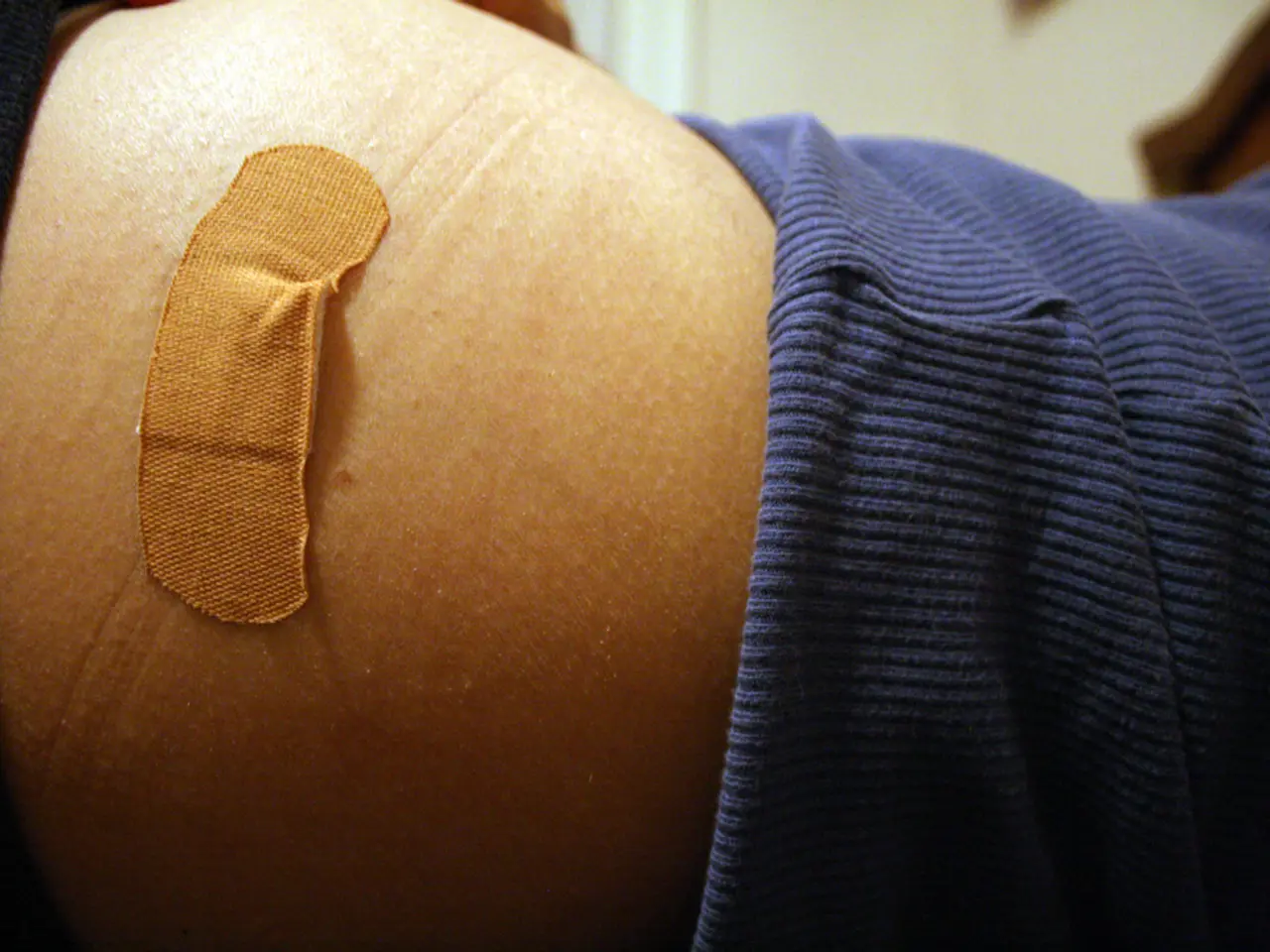Diabetic citizens exempted from additional fees, as announced by the Ministry of Health
In a significant move, the Ministry of Health in Kazakhstan has announced the transfer of diabetes services from the Guaranteed Volume of Free Medical Care (GOBMP) to the Mandatory Social Medical Insurance (MSMI) Package. This change represents a shift in how healthcare services for diabetes patients are financed and delivered.
- Funding Source and Financial Contributions:
Under the GOBMP system, diabetes services were financed from the state budget, with patients typically receiving services free of charge. With the transition to MSMI, funding for diabetes services will be pooled through MSMI contributions, which are usually collected from employers, employees, and potentially the state.
- Impact on Patient Access and Coverage:
The transfer aims to integrate diabetes care into the broader insurance system, potentially allowing for more standardized coverage and access across different regions. If well-implemented, MSMI could provide a more sustainable and diversified funding stream, possibly expanding the range or quality of services covered. However, there could be transitional challenges, such as ensuring that coverage for essential diabetes services remains fully included in the insurance package and that there are no gaps in patient access during the switch.
- Potential Changes in Service Delivery:
MSMI systems often incentivize providers differently than fully state-funded systems, which could lead to improvements in efficiency or quality. Patients might experience changes in where and how they receive services, depending on the network and contracts of MSMI insurers.
- For Diabetes Patients Specifically:
The continuity and comprehensiveness of diabetes care depend on MSMI’s benefit package design. The insurance package must cover all necessary elements such as diagnostics, medications (including insulin), and monitoring tools. Supplemental support for vulnerable groups, such as low-income patients, may need to be maintained or enhanced to prevent financial barriers to diabetes care.
It's important to note that additional contributions from diabetes patients will not be collected, as Vice-Minister of Health Yerjan Nurlybayev confirmed. Those who do not have the opportunity to make contributions and fall into the category of socially vulnerable individuals have a solution provided, including from the local budget.
The state does not aim to save funds for implementing the bill regarding diabetes. On the contrary, the list of socially significant diseases eligible for guaranteed coverage by state funds in Kazakhstan has been revised, with diabetes continuing to be considered a socially significant disease but its funding transferred to the OSMS package.
As Kazakhstanis grapple with the change, many have recorded videos expressing their outrage and requesting not to be left without support. The ministry has assured that the transition will be managed carefully to ensure that diabetes patients continue to receive comprehensive, equitable, and affordable care without interruption.
The ministry, along with other agencies, conducted a thorough analysis before proposing solutions for diabetes services. The vice-minister, Nurlybayev, stated that those who do not have the opportunity to make contributions and fall into the category of socially vulnerable individuals have a solution provided. He also clarified that having diabetes does not affect the size of contributions and that contributions for diabetes services will only be those that citizens already pay into the MSMI system.
As of 2025, over 95% of diabetes patients in Kazakhstan are insured, according to the Ministry of Health's electronic registration dispensary base. Of the total 535,033 registered diabetes patients, 504,456 have type 2 diabetes, and 30,577 have type 1 diabetes. Among type 1 diabetes patients, 5,625 are children under 18 years old.
In conclusion, the move from GOBMP to MSMI for diabetes services in Kazakhstan is a significant shift that requires careful management to ensure continued access to comprehensive diabetes care for all patients.
- In light of the Ministry's announcement, diabetes services for Type-2 diabetes patients, who constitute a significant portion of the registered patients, will be funded through the Mandatory Social Medical Insurance (MSMI) contributions, unlike the previous free-of-charge model under the Guaranteed Volume of Free Medical Care (GOBMP).
- As a part of MSMI, health and wellness services for diabetes patients may benefit from a more standardized coverage and access across various regions in Kazakhstan, potentially improving the health-and-wellness and fitness-and-exercise routines for people with diabetes.
- To maintain comprehensive diabetes care, nutrition, and specific medical conditions such as chronic diseases and mental health must be covered within the MSMI’s benefit package, without creating financial barriers for vulnerable individuals or escalating health-related expenses.
- While adapting to this transition, it's crucial for Kazakhstanis to engage with mental-health support services, as changes in insurance systems may contribute to increased stress levels and concerns about their future healthcare accessibility.




